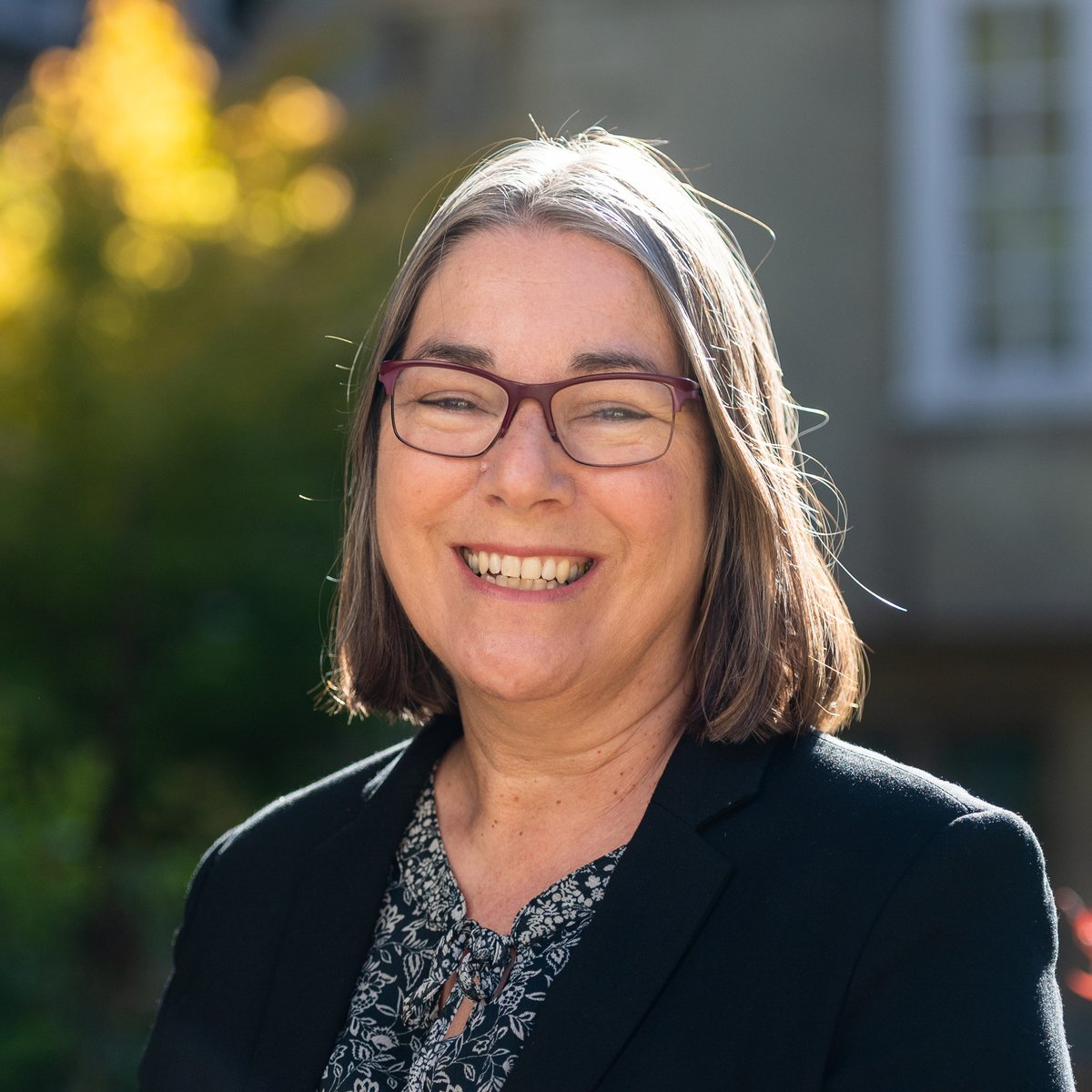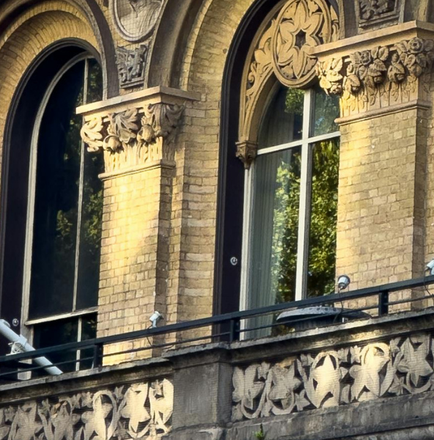
-
About Us
Legacy Futures are the coming together of three separate legacy giving consultancies into a new business. We are now one company with three teams of expertise.
-
Services
In a rapidly changing world, it’s good to know there’s someone to support you at every step in your legacy journey.
-
Resources
Access the latest learnings from our ongoing research to keep you one step ahead.




